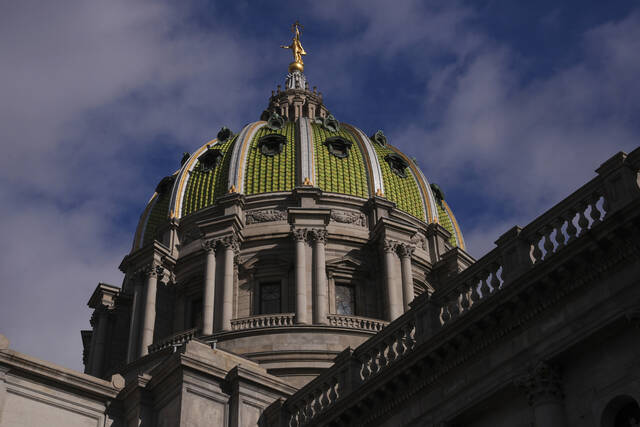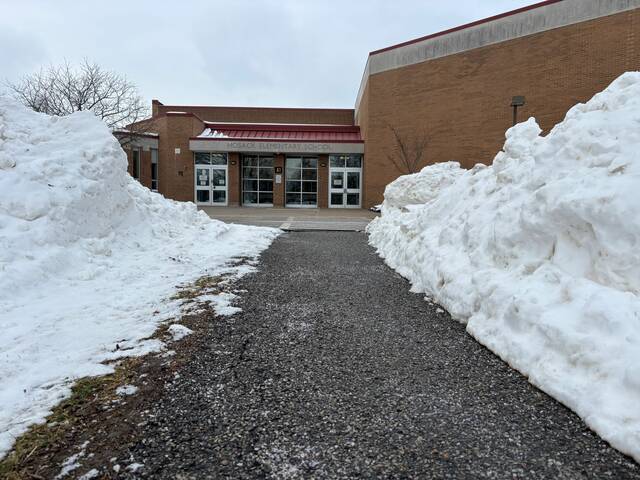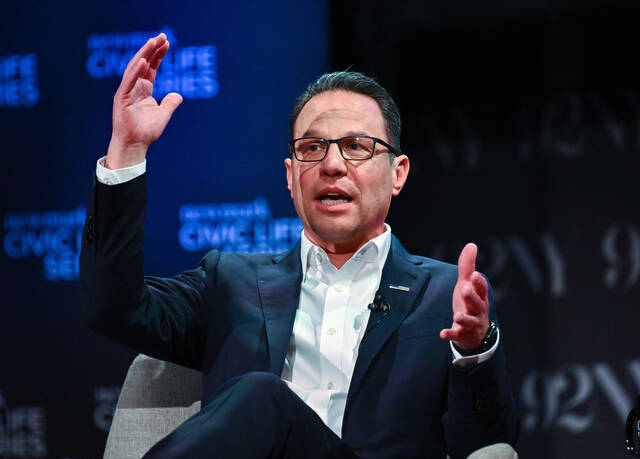As Pennsylvania’s budget impasse approaches the two-month mark, Derry Area School District is missing out on vital state funding just days out from the start of the academic year.
More than half — 55% — of the district’s $43 million budget is supported by state funding, said Business Manager Scott Chappell.
About 15% of that funding is supposed to be delivered to the district in July and August.
But without an approved state budget, Derry Area may have to deplete about $3.5 million to $4 million from its reserves to get by, he said.
The district has enough in its reserves to operate until late this year, Chappell said.
“But there are certain obligations that we as districts just cannot simply put off,” he said. “You cannot delay payroll and benefits.”
Transportation costs, a $2.6 million debt service payment due Oct. 1 and allocations to the Westmoreland Career and Technology Center also can’t be put on hold, he said.
“We prepare and submit our budgets by June 30 of each year because we’re required to do so,” Chappell said. “We do so in thinking that we’re going to be having our state monies come in. And so our local revenues for interest are dependent upon us having reserves and looking at cash flow.
“And now with the impasse heading into two months, I ran our figures. And the impasse has cost us over $30,000 just in interest revenue over the first couple of months.”
‘We just can’t keep draining our reserves’
If the impasse extends past September, Clairton City School District may be forced to pause critical student programs, said Superintendent Tamara Allen-Thomas.
State and federal funding makes up 70% of the district’s budget, she said. About $150,000 in state funding, for example, supports the district’s “Chill Space,” a mental health program run by Allegheny Health Network staff.
“We have chronic absenteeism,” Allen-Thomas said, “and so (AHN staff) partner with us to be able to continue that work, but not for free.”
All of the district’s students are eligible for free and reduced lunches and 30% are special education students, she said.
“We’re talking about high-need students and communities that are in need of an educational experience that should be true, free and accessible for all,” Allen-Thomas said.
“But at this time, when we get into September, October, (the budget impasse) will have a greater impact on our being able to deal with our salaries, as well as some of the programs that we have.”
The budget impasse is further complicated by delays or decreases in districts’ federal funding, said Forest Area School District Superintendent Amanda Hetrick. The district spans Forest County and part of Venango and Elk counties.
Forest Area’s Title 2 and Title 3 funding — used for tutoring, student programs and professional development — has been delayed. The $500,000 the district previously received through the federal Secure Rural Schools program was not renewed last academic year, Hetrick said.
“We just can’t keep draining our reserves without jeopardizing the district’s future,” Hetrick said.
Educators support release of guaranteed funding
Matt Vannoy, board director for Sharon City School District in Mercer County, would like to at least see the state release districts’ guaranteed funds, such as the homestead/farmstead exclusion dollars.
The exclusion provides a reduced property tax assessment to most primary residences. Sharon is expected to receive $1.2 million through the exclusion this year, Vannoy said.
“We’re fortunate that we have enough cash in the fund balance to kind of manage in the short term, but we are a district that relies heavily on state funding,” Vannoy said, noting $33 million of the district’s $49 million budget comes from the state.
“We could potentially have to do a tax revenue anticipation note or defer purchases as this continues.”
Chappell cautiously supports a stopgap budget to help districts maintain operations — as long as it does not come at the loss of cyber charter tuition reform.
Pennsylvania’s 500 public schools pay for students in their area to attend one of the state’s 14 public cyber charters — a funding system that was developed in 2002.
Tuition rates vary throughout the state, ranging from $7,600 per student to nearly $29,000 per student, according to the state Department of Education. It is determined by a formula based on the school district’s budgeted expenses from the year prior.
Gov. Josh Shapiro suggested in his proposed state budget setting an $8,000 cyber charter tuition rate for regular education students.
The motion was pushed forward in late April by a bill out of the state House education committee. It has sat in the Senate since June.
Cyber charter leaders fear the move would enact significant funding cuts to the virtual schools, potentially forcing some of them to close.
But brick-and-mortar public school educators, including Chappell, see cyber charter costs as a burden to districts’ budgets.
“If cyber charter reform is something that we hold near and dear and it has any chance of getting into this budget, and that prolongs this impasse a little bit,” Chappell said, “I think it might be in the best interests of everybody if that (the budget) were to be delayed.”








